-24%
Comprehensive Care for Stroke Patients: A Holistic Approach
Stroke, a prevalent health concern globally, presents a complex challenge for healthcare providers. It is characterized by the disruption of blood supply to the brain, leading to a diverse spectrum of neurological impairments. However, evidence underscores the transformative impact of dedicated stroke units, staffed by multidisciplinary teams, in significantly reducing mortality rates and fostering optimal recovery outcomes.
Multifaceted Team Approach for Stroke Management
The stroke unit team, comprising medical professionals from various disciplines, plays a pivotal role in providing comprehensive patient care. This team includes:
- Neurologists: Diagnose the stroke and determine the underlying cause
- Nurses: Monitor vital signs, administer medications, and provide ongoing care
- Stroke Coordinators: Facilitate seamless coordination of care and provide patient education
- Physiotherapists: Restore mobility, balance, and coordination
- Occupational Therapists: Enhance daily living skills and address cognitive impairments
- Speech and Language Therapists: Improve communication and swallowing abilities
Holistic Care: Guiding the Patient’s Journey
This handbook guides healthcare professionals through a holistic approach to stroke care, encompassing both transient ischemic attacks (TIAs) and post-stroke recovery. It encompasses:
- Early Detection and Intervention: Identifying and addressing risk factors, including early recognition and management of TIAs
- Acute Care: Optimal management of stroke symptoms, including thrombectomy and specialized care in hyperacute stroke units
- Rehabilitation: Restoring lost functions and optimizing independence through physical, occupational, and speech therapy
- Long-Term Care: Managing post-stroke complications, promoting health maintenance, and providing ongoing support
Integration of New Advances in Stroke Medicine
This edition incorporates the latest advancements in stroke medicine, including:
- Prevention: Evidence-based guidelines for primary and secondary prevention, emphasizing early intervention and the use of direct oral anticoagulants (DOACs)
- Neuroimaging: Expanded coverage of cutting-edge neuroimaging techniques for stroke diagnosis and monitoring
- Cognitive Impairment: A dedicated chapter addressing the multifaceted cognitive challenges associated with stroke and their management
- Cognitive Impairment: A dedicated chapter addressing the multifaceted cognitive challenges associated with stroke and their management
A Comprehensive Resource for Stroke Care
This handbook offers a comprehensive and up-to-date resource for healthcare professionals involved in the care of stroke patients. It provides a holistic approach that seamlessly integrates evidence-based practice, multidisciplinary collaboration, and the latest scientific advancements to optimize outcomes for stroke survivors.
maybe you like these too:
- Ischemic Stroke: Diagnosis and Treatment (Original PDF from Publisher)
- A Practical Guide to Comprehensive Stroke Care: Meeting Population Needs (Original PDF from Publisher)
- The Stroke Center Handbook: Organizing Care for Better Outcomes, 2nd Edition (Original PDF from Publisher)
- Pediatric Stroke Rehabilitation: An Interprofessional and Collaborative Approach (Original PDF from Publisher)

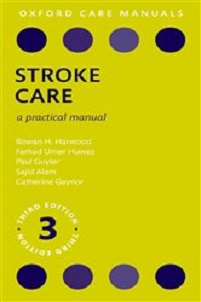
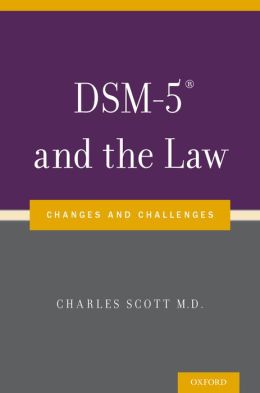
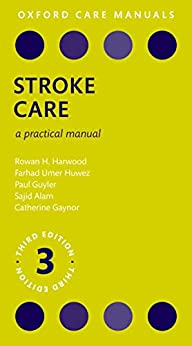
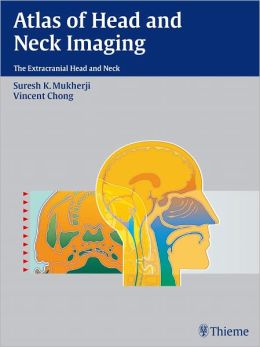
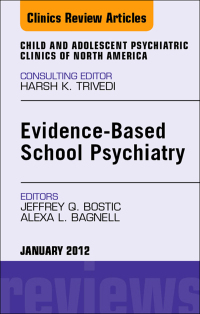
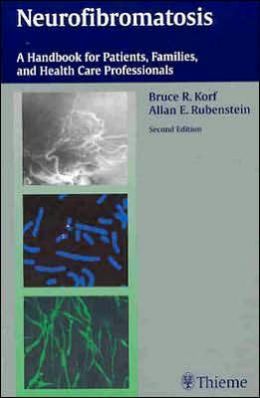
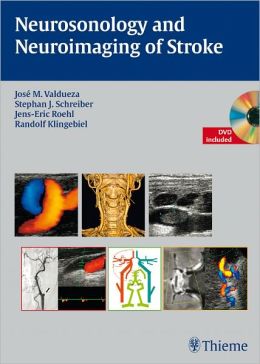
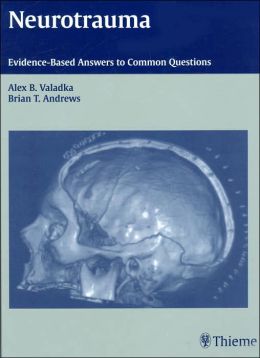
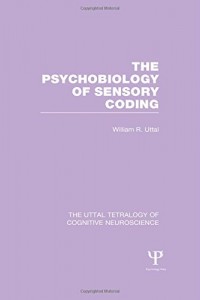
Reviews
Clear filtersThere are no reviews yet.